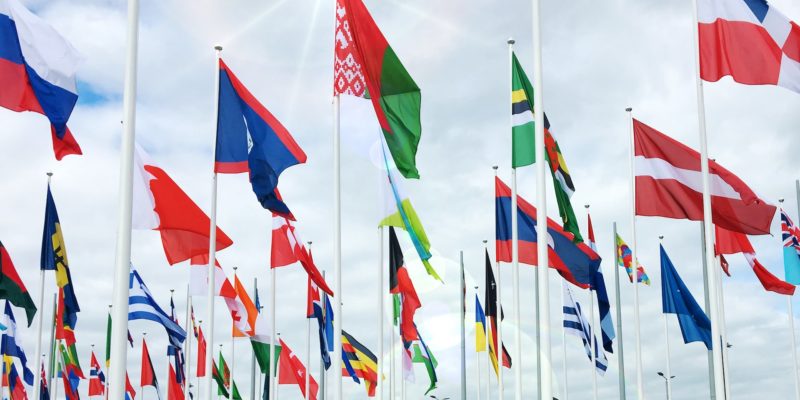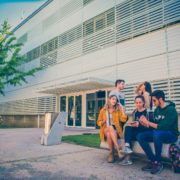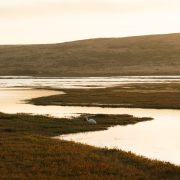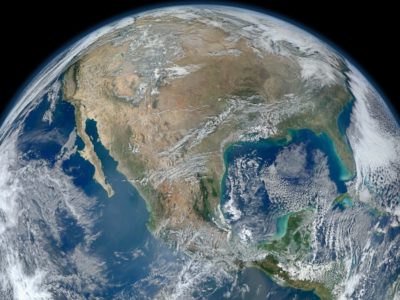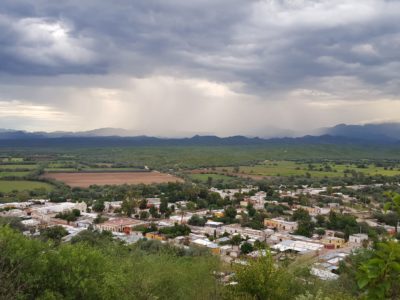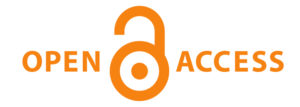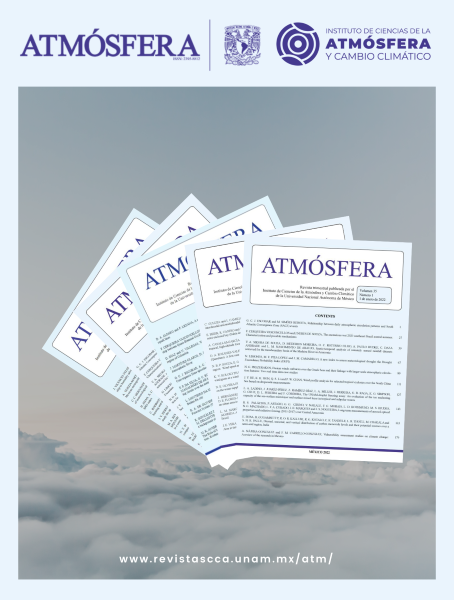Overview
The twenty first century has seen a rapid increase in the number of scientists engaging in atmospheric research, weather forecasting and climate modeling as academic institutions, worldwide, expand their undergraduate and graduate programs in the environmental sciences. There are many opportunities, such as conferences, symposia and workshop, for scientists to network, share knowledge and to expand their interests beyond those that were associated with their original graduate research. Now, another opportunity is available to interested international Scholars to leverage their skills and gain additional expertise in their area of studies and research.
The American Meteorological Society’s (AMS) Global Partners program matches International Scholars seeking collaborations with AMS Member-Volunteers who have the expertise, experience and availability, compatible with those of the international Scholar. The program is available to International Scholars from academia and non-profit institutions. The Program focuses on opportunities for AMS members to assist international Scholars in meeting their needs and achieving their academic and civic-engagement goals in the areas of weather, climate, water and the related sciences and technologies. There are many types of collaborations that could be undertaken (remotely or in-person) by the International Scholar and the Volunteer; here are a few examples:
Creation of new academic programs
As an example of the type of program that could be developed as a Global partnership activity, given the growing need to promote interdisciplinary collaborations between environmental scientists and other areas of research in the social or health sciences, the international Scholar would work with the AMS volunteer to design a curriculum that attracts students and professors from multiple disciplines.
New syllabus development
There are many new areas of study in the environmental sciences that don’t easily fit within the classic courses, especially topics like the impact of air quality on health, climate change and future weather and many other diverse topics that require the development of course content that is relevant to our society today. Developing these syllabi would be a valuable collaboration between Scholar and AMS volunteer.
Visiting Scholar in residence (long term)
High speed internet access has made long distance, virtual interactions much simpler and has enabled frequent communications between and among researchers; however, having a physical presence in the classroom or laboratory provides the Scholar an opportunity to develop a more personal relationship with the AMS volunteer and their students and associates. Likewise, the visit of the Scholar in person will enrich the lives of their host, colleagues and students, especially if the Scholar is from a cultural background that differs from the host volunteer.
Guest lecturer (short term)
We have both taught short courses, in-person and online, in Europe, Asia, Africa and South America on diverse subject matters, e.g. cloud physics, air quality, instrumentation and cloud seeding, to name just a few. As these are very specialized, not all university environmental science programs offer them; hence lecturing at the Scholar’s or volunteer’s home institute by the volunteer or Scholar, respectively, can significantly broaden the students academic experience while preparing them for career opportunities that they might not otherwise have known about.
Research collaboration
Collaborative research can encompass the participation in field projects, laboratory studies, model development or any combination of these, carried out at either the volunteer’s or Scholar’s home institutes. They could also be carried out where observations are being conducted at some other location other than the research institutes.
Engineering support
Many of the AMS volunteers are engineers, e.g. computer, electrical, mechanical, etc., or scientists with engineering backgrounds. This expertise can be useful to Scholars who may be considering the acquisition of instruments and need an expert’s opinion on applicability. Designing field programs, setting up laboratories or troubleshooting sensors can also be a useful collaboration that employs the AMS volunteer’s expertise.
Editorial support
International Scholars are generally located in regions where English is not the native language, and yet a large majority of venues where these Scholars present their research use English as the common idiom for oral presentations, peer reviewed publications, or proposals for funding from international agencies. The AMS volunteers can be helpful in refining the use of the language, particularly with technical descriptions that may not easily translate from the Scholar’s native language to English.
Student mentoring/guidance
Perhaps one of the most important roles that both the AMS volunteer and Scholar can play is that of mentoring undergraduate and graduate students, not only by sharing their respective experiences and expertise, but also exposing them to a broader, international culture.
Summary
The Global Partners program provides a conduit and unique opportunity for International Scholars in the atmospheric and related sciences to engage and establish working relationships and friendships with AMS Member-Volunteers. It can be especially beneficial to early- and mid-career international Scholars who may have limited connections with experts in an appropriate field.
Services are offered on a pro bono basis except for travel and per diem (if needed), communication and other support costs, which can be provided by the volunteer’s or international Scholar’s institution or a non-AMS party. The role of the Program is limited to functioning as an exchange mechanism that facilitates the matching of those international Scholars in need of relevant expertise with AMS member-Volunteers offering to provide them.
The matching process is initiated when international Scholars or their institutions initiate contact with the Volunteer Program with specific requests, and the Program’s ‘matching coordinator’ queries the Volunteer database to identify those who have the requisite expertise and availability. Once the international Scholar and the AMS Member-Volunteer mutually agree that a collaboration is feasible, an agreement is negotiated between the Volunteer and the international Scholar.
Signing Up. International Scholars can apply by clicking on the following link: https://community.ametsoc.org/volunteer-with-ams/international-volunteering

